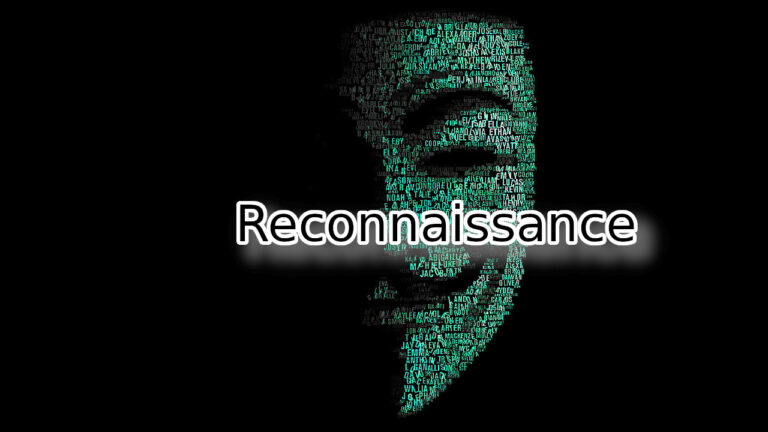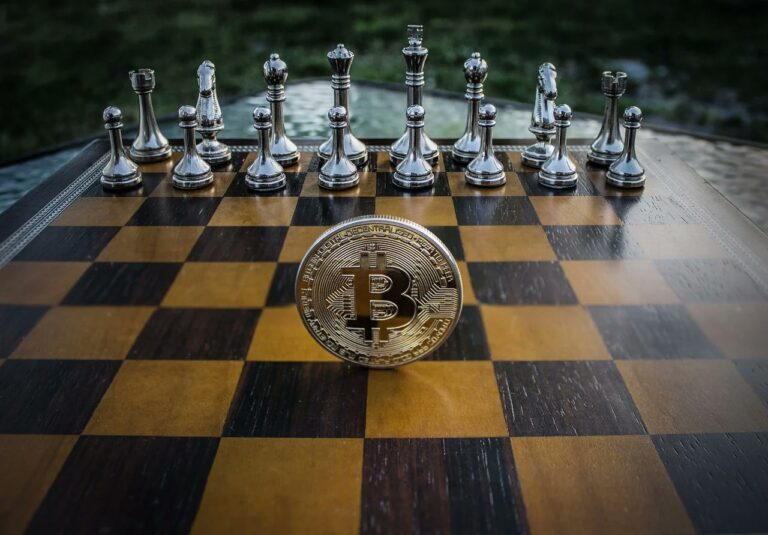Blockchain technology has emerged as one of the most transformative innovations of the digital age. Although it gained prominence with the rise of cryptocurrencies like Bitcoin, its potential reaches far beyond digital currencies. Blockchain holds the promise of decentralization, security, transparency, and efficiency across various industries. In this article, we will demystify blockchain technology and provide a beginner’s guide to understanding its fundamental concepts and applications.
Understanding the Concepts
At its core, blockchain is a decentralized and distributed ledger that records transactions in a secure and immutable manner. Unlike traditional centralized systems, where a central authority maintains and validates transactions, blockchain relies on a network of computers (nodes) working collaboratively to validate and store data.
The key features that define blockchain technology are:
- Decentralization: Blockchain operates on a peer-to-peer network, eliminating the need for intermediaries and central authorities. This decentralization ensures that no single entity has control over the entire network, promoting transparency and reducing the risk of fraud or manipulation.
- Security: Blockchain achieves security through cryptographic algorithms that encrypt and verify data. Once a transaction is recorded on the blockchain, it becomes virtually impossible to alter or tamper with, ensuring the integrity of the data.
- Transparency: Every transaction recorded on the blockchain is visible to all participants in the network. This transparency fosters trust, as anyone can validate and verify transactions independently, leading to increased accountability and reduced reliance on trust-based relationships.
- Immutability: Once data is written to the blockchain, it cannot be deleted or modified. This immutability ensures a reliable and auditable record of transactions, making blockchain suitable for applications where data integrity is critical.
Applications of Blockchain:
While cryptocurrencies were the first major application of blockchain, the technology’s potential extends far beyond digital money. Here are some notable applications of blockchain:
- Supply Chain Management: Blockchain enables end-to-end transparency and traceability in supply chains, ensuring the authenticity of products. For example, a blockchain-based system can track the journey of a coffee bean from the farm to the consumer, verifying its origin, certifications, and fair trade practices, thus promoting ethical sourcing.
- Financial Services: Blockchain has the potential to revolutionize traditional financial systems by facilitating faster and more secure cross-border transactions. For instance, blockchain-based remittance platforms can significantly reduce transaction times and costs compared to traditional methods, benefiting individuals and businesses alike. Additionally, blockchain allows for programmable digital assets, enabling new financial instruments and decentralized applications.
- Healthcare: Blockchain can improve the security and interoperability of health records, enabling efficient sharing of patient data while maintaining privacy. By storing medical records on a blockchain, patients can have control over their data and grant access to healthcare providers as needed. Moreover, blockchain can enhance drug supply chain management by tracking pharmaceutical products, ensuring authenticity, and preventing counterfeit drugs from entering the market.
- Voting Systems: Blockchain can enhance the integrity and transparency of voting systems. By leveraging its secure and verifiable nature, blockchain can enable secure and tamper-proof transactions for voting. This can help prevent fraud, ensure accurate vote counting, and promote trust in democratic processes.
- Smart Contracts: Blockchain platforms allow the creation and execution of self-executing smart contracts. For example, in the real estate industry, smart contracts can automate property transactions, including transfer of ownership, escrow, and payment disbursement, eliminating the need for intermediaries and reducing transactional costs. Additionally, smart contracts can automate complex business agreements, supply chain interactions, and intellectual property rights, making processes more efficient and transparent.

The Basics:
To begin your blockchain journey, it’s essential to grasp the fundamental concepts. These resources will provide you with a solid foundation:
Learning Blockchain Technologies:
Blockchain encompasses a wide range of technologies, each with its own unique features and use cases. Here are some popular blockchain platforms and frameworks to explore:
- Ethereum: A decentralized platform for building smart contracts and decentralized applications (DApps). Official website: Link
- Hyperledger Fabric: An open-source enterprise-grade blockchain framework. Official website: Link
- Corda: A blockchain platform designed for businesses and financial institutions. Official website: Link
Online Courses and Tutorials:
Taking online courses and tutorials is an excellent way to gain practical knowledge and hands-on experience with blockchain. Consider these platforms:
- Coursera: Offers various blockchain-related courses from top universities and institutions. Website: Link
- Udemy: Provides a wide range of blockchain courses for beginners and advanced learners. Website: Link
- B9lab Academy: Offers blockchain training programs and certifications. Website: Link
Blockchain Development Tools:
If you’re interested in blockchain development, familiarize yourself with the following tools:
- Remix: A web-based IDE for writing, testing, and deploying smart contracts on Ethereum. Website: Link
- Truffle Suite: A development framework for Ethereum, allowing easier contract compilation, deployment, and testing. Website: Link
Joining Blockchain Communities:
Engaging with blockchain communities and networks is an excellent way to stay up-to-date with the latest trends, share knowledge, and collaborate with like-minded individuals. Consider these platforms:
- Reddit – r/blockchain: A vibrant community discussing blockchain-related topics. Link
- Bitcointalk: A well-established forum covering various blockchain-related discussions. Link
- GitHub: Explore blockchain projects and contribute to open-source development.
Conclusion
Embarking on your blockchain journey can be an exciting and rewarding experience. By understanding the basics, exploring various technologies, and utilizing the available resources, you can gain the knowledge and skills needed to navigate the blockchain landscape. Remember to stay curious, engage with the community, and keep up with the rapidly evolving advancements in this revolutionary technology.
Blockchain technology has the potential to reshape industries, disrupt traditional systems, and unlock new possibilities for transparency, security, and efficiency. Understanding its fundamental concepts is crucial for anyone looking to navigate the rapidly evolving landscape of blockchain applications. As the technology continues to mature, it is important to stay informed about its latest developments, challenges, and regulatory considerations.
By harnessing the power of blockchain, we can create a future that is more decentralized, trustworthy, and inclusive. So, dive into the world of blockchain, embrace the opportunities it offers, and contribute to the ongoing transformation. Happy exploring!
Found this article interesting? Follow us on Twitter and Linkedin to read more exclusive content we post.





